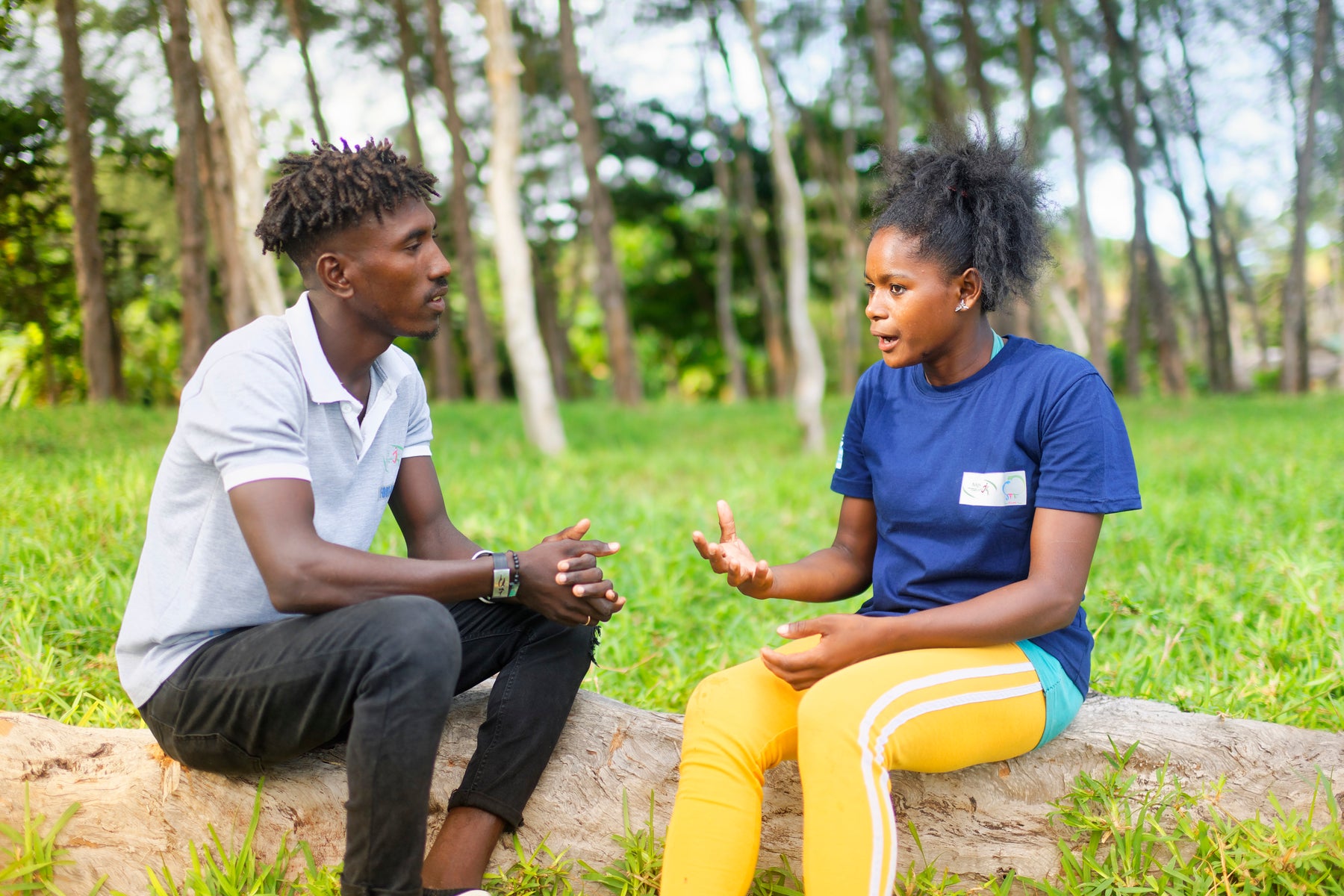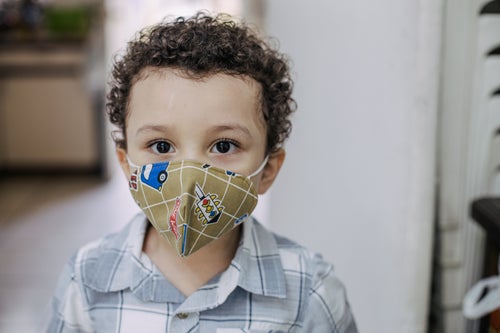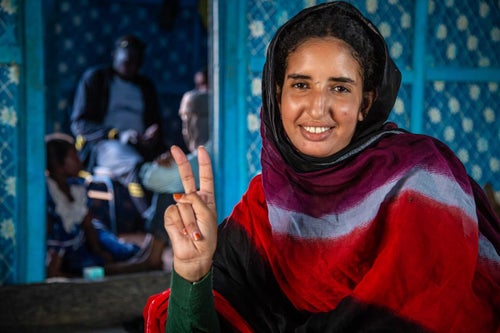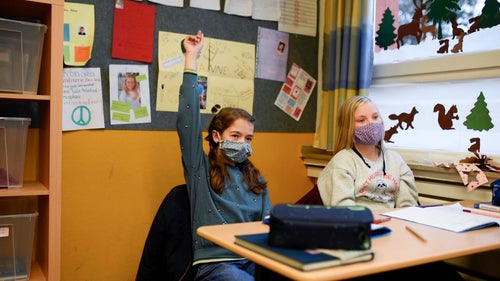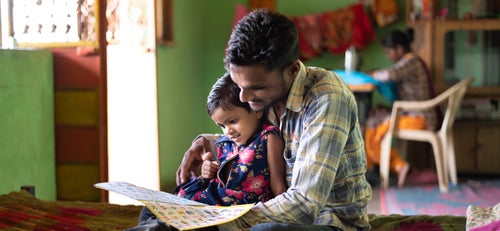Research shows that Australia's COVID vaccines are safe and effective. But it’s normal to have questions and concerns about the vaccine.
The vast majority of Australians support immunisation, but chances are you may know someone who is hesitant or sceptical. If you are unsure about how to approach conversations about vaccines with family and friends, you’re not alone.
We spoke to Dr. Saad Omer, Director at the Yale Institute for Global Health, about how to navigate these difficult discussions with empathy.
Tip 1: Connect with their values
Even if you are feeling frustrated, it is important to be empathetic. “Make them feel heard,” says Dr. Omer. Attempt to connect with their underlying sentiment. For example, if they are tired of being kept from doing the things they want to do because of COVID-19, connect with them on the fact that places they enjoy will begin to open up again if we are all vaccinated against the disease.
Omer suggests talking about COVID-19 and how devastating it has been. If you only speak about vaccines “it’s not a full picture, and has somewhat lower chances of succeeding,” he explains.
When the discussion comes back to COVID-19, it places the focus on the trade-offs we have all had to make such as physically distancing ourselves from loved ones and missing out on normal daily activities. For example, some of the things our team at UNICEF Australia are looking forward to most are seeing loved ones overseas again and being able to book trips around Australia!
Tip 2: Listen to them
Listen to the person you are talking to and meet them where they are. Make sure not to cut off, speak over or jump into correcting your loved one.
“You shouldn’t agree with any false information, but you should empathise and continue the process rather than ending your relationship or ending the conversation,” says Dr. Omer.
Tip 3: Empower them
Right now, many people are scared. The pandemic has completely transformed our lives. Dr. Omer suggests giving your loved one an empowering message:
You can do something about this disease. Remind them that they can help change their own trajectory and their loved ones’ trajectories in this pandemic by getting vaccinated. “[They] can do something about it. These vaccines work.”
Encourage them to seek out information from trusted sources such as the Department of Health, the World Health Organisation or by talking to their GP or local health clinic.
At UNICEF Australia we're big believers in the fact that no one can do everything, but everyone can do something. By getting vaccinated we're doing that little something to help protect someone else.
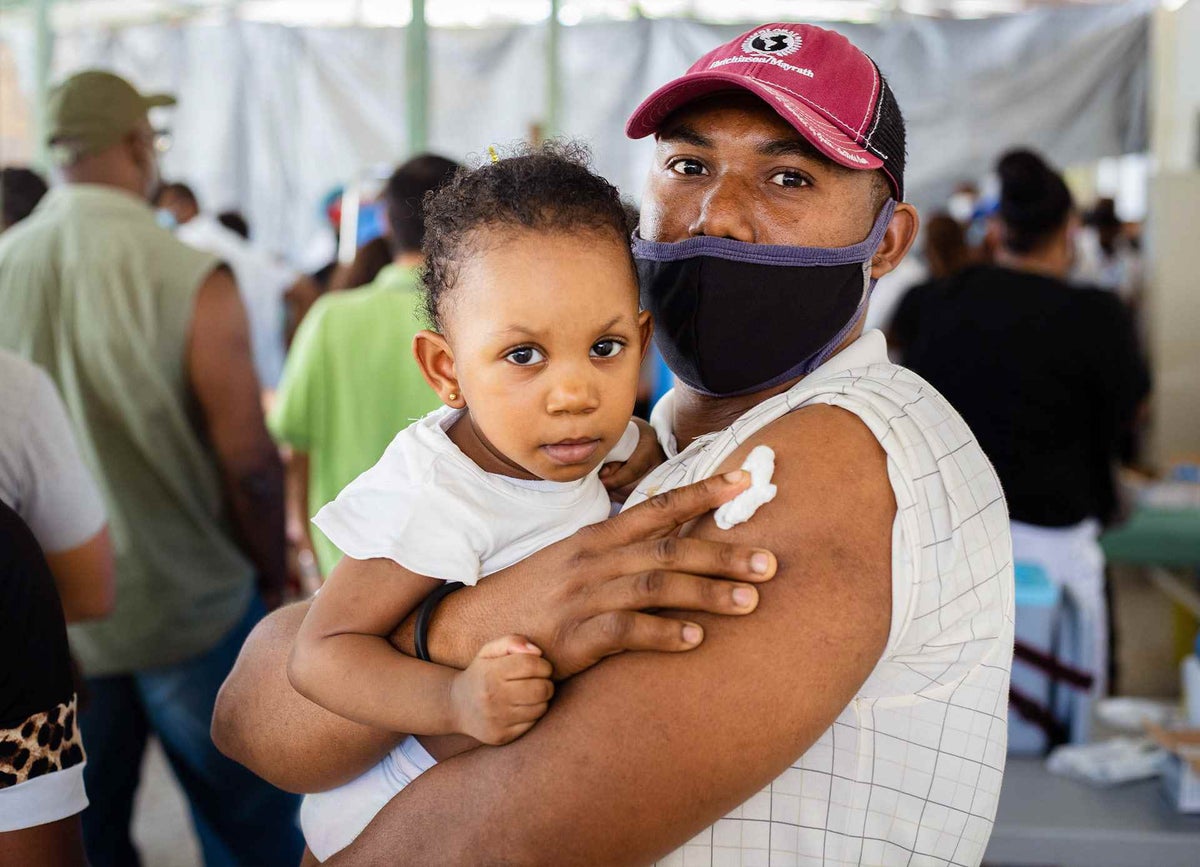
Tip 4: Lead with the facts
“Be careful about countering a misperception too directly,” says Dr. Omer. The discussion shouldn’t be about addressing a specific myth because there will always be more myths that follow.
Calling attention to a myth can also backfire by making the myth more memorable than the facts. But sometimes, you cannot get out of addressing misinformation. If you find yourself in that position, Dr. Omer suggests the following approach: fact, warning, fallacy, fact. Here’s how it works:
- Start with the fact. COVID-19 vaccines are extremely safe and effective.
- Warn before the myth is coming. Say, “there is misinformation about______.”
- Mention the myth that you are addressing.
- End with the fact. Show why the myth is not true.
The most important thing is to “replace the misinformation with the correct information,” explains Omer.
Tip 5: Assume they are going to get vaccinated
Simply say to your friend or family member, “Let’s go get vaccinated!” This method is called presumptive communication. “The announcement approach or presumptive approach has been shown to be successful in the clinic and is likely to work in personal communication,” says Omer. You’re not taking away someone’s autonomy, all you are doing is establishing a verbal default.
Tip 6: Maintain the connection
Convincing someone who is opposed to vaccines is a long process. “It’s extremely tough,” says Omer. Remember that for those who are strongly opposed to vaccines in general, their opinions will not likely be changed in one conversation. The important thing? “Maintain a connection with them.”
The best chance we have of overcoming this virus is to get vaccinated.
Related articles
Stay up-to-date on UNICEF's work in Australia and around the world



